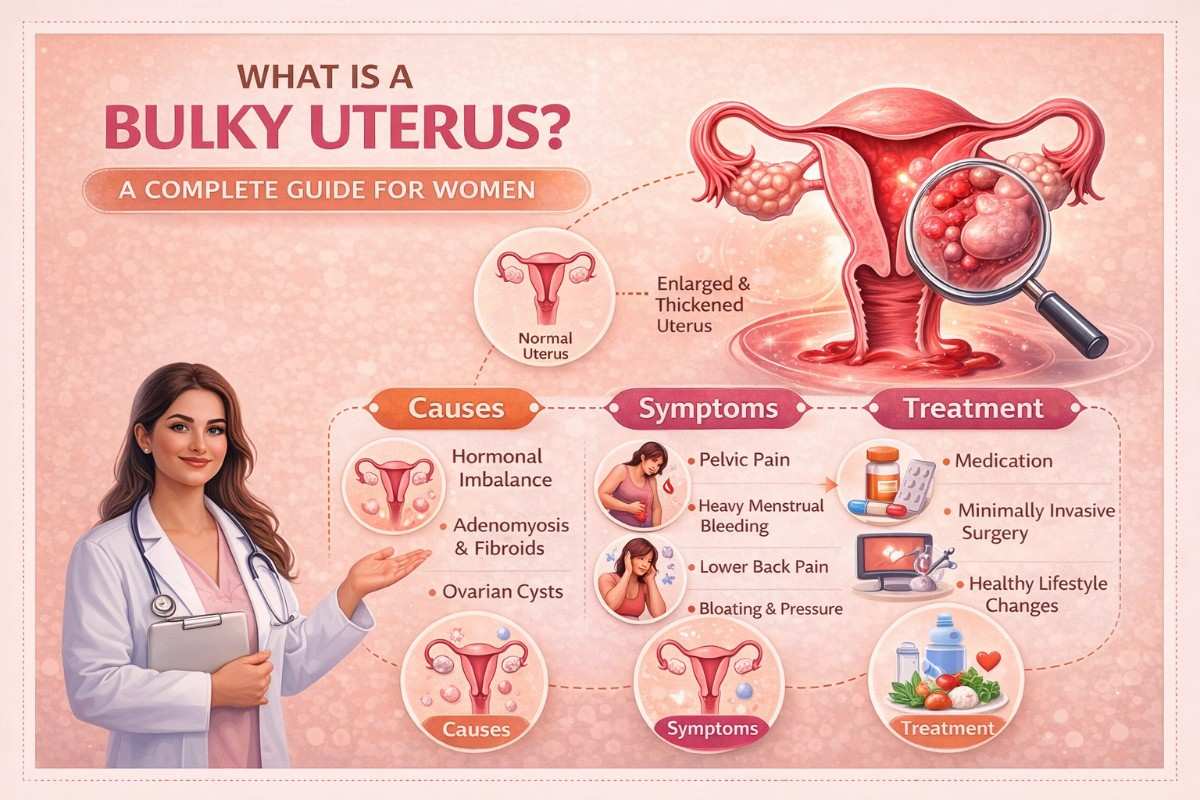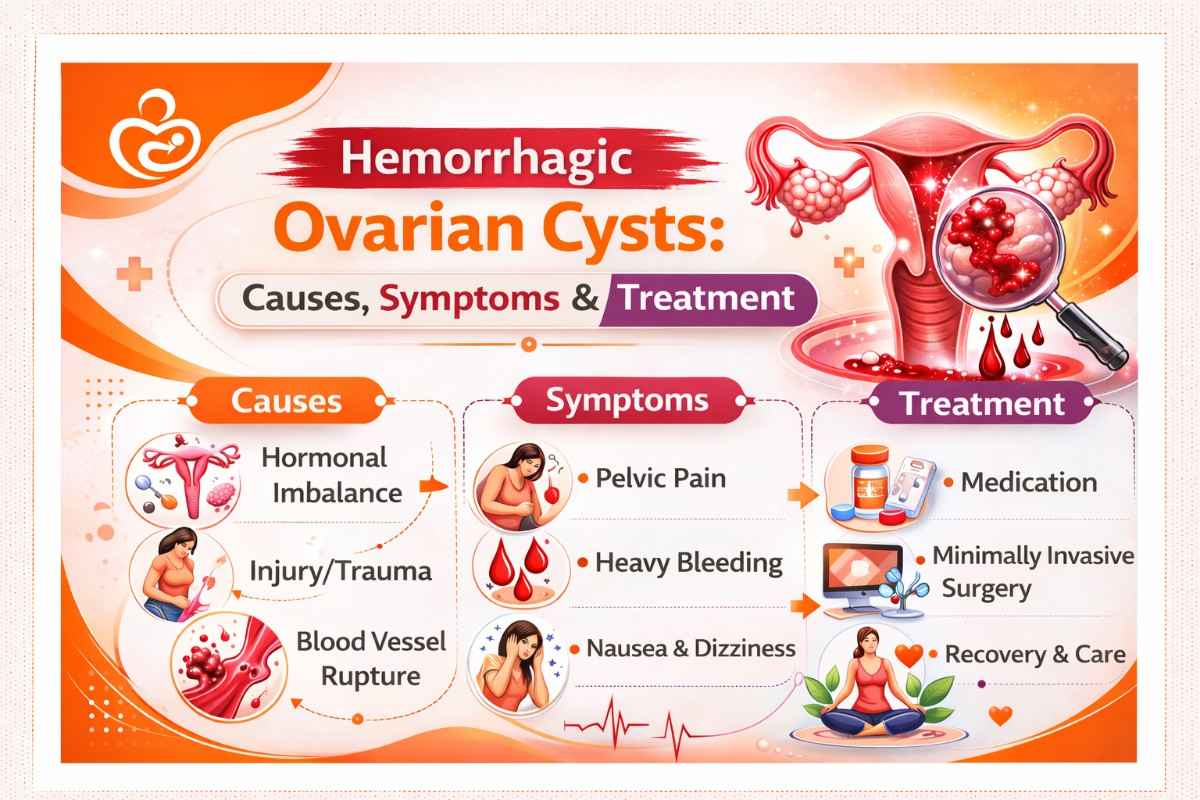Pregnancy is an amazing, yet sensitive, journey that every woman will experience in her lifetime, and nutrition is very important in this time. Indian food culture has much variety in both flavors and nutrients, however not all preparations are safe when pregnant. Some spices, ingredients, or the way food is prepared may put a woman at risk of infection, digestive complications. Knowing what foods to avoid during pregnancy helps mothers consciously eat through the pregnancy journey.
From street foods to traditional Indian sweets, some culturally consumed Indian foods are most likely to be dangerous due to their high spice content, excess oil, preservatives and/or raw foods. Being mindful of foods to avoid during pregnancy India can prevent pregnancy problems such as nausea, acidity or foodborne illness and support complete fetal growth. Deciding which foods to eliminate from an everyday diet allows to nourish both the mother and baby.
Your Journey to Motherhood Starts Here
With advanced fertility care and personalized support every step of the way.
Contact Us10 Foods to Avoid During Pregnancy Journey in 2026
1. Papaya (Raw or Semi-Ripe)
One of the most common fruits food to avoid during pregnancy is Papaya, particularly raw or semi-ripe Papaya, because of its presence of latex, which can cause uterine contractions. These contractions pose risks of preterm labor, miscarriage, or complications in early pregnancy. The enzymes papain and chymopapain in raw Papaya also pose dangers, as they affect fetal development.
Nonetheless, it is advised that ripe papaya is safe to consume in moderation during pregnancy due to its nutrient profile, but most medical practitioners utilize caution, however, if ripe papaya is to be included in the diet, it should be minimized. Raw Papaya is often included in salads, curries, or pickles in Indian households, therefore, it is best to avoid these types of dishes until after childbirth.
2. Unpasteurized Milk and Dairy Products
Unpasteurized milk and dairy products, such as Paneer, Curd, or Cheese, are the foods to avoid during early pregnancy. Since it is made from raw milk containing harmful bacteria such as Salmonella, Listeria, or E. coli, these infections can be dangerous during pregnancy, resulting in complications including premature labour, infections in the newborn or miscarriage.
Since most households source fresh milk directly from farms, there is a higher chance of contamination if it is not properly boiled or pasteurized. A pregnant woman must consume milk that is boiled or pasteurized and avoid soft cheese or dairy products made from raw milk to minimize health risks.
3. Pineapple
Pineapple is another fruits foods to avoid during pregnancy, particularly in the first trimester. Pineapple contains bromelain, an enzyme that can soften the cervix, leading to preterm labour or, in more extreme cases, a miscarriage if enough is consumed. You may experience digestive troubles such as diarrhoea or acidity with even just too much pineapple, which can add to discomfort during pregnancy.
While small, occasional servings should not be an issue, it is best if heavy or more frequent serving sizes are avoided. Many Indian sweets and chutneys may use pineapple, and pregnant women should pay attention to the amount they eat, including Indian desserts and chutneys, to stay safe and healthy throughout their pregnancy.
4. Street Food and Chaats
Street food from India like Bhel Puri, Pani Puri, Samosas, etc. can be tasty, however, these are foods to avoid during pregnancy for hygiene reasons. Street food is usually prepared in unhygienic conditions and can be contaminated with harmful parasites or bacteria. This ultimately increases the risk of food poisoning, stomach infections, diarrhoea, and is dangerous during pregnancy.
Moreover, these foods are high in oil, salt, and spices, which can cause acidity, indigestion, and bloating. Instead, you can have homemade versions of your favorite snacks by using a hygienic and safe cooking method.
5. Fried and Oily Foods
Deep-fried Indian snacks like Pakoras, Bhajiyas, and Samosas might satisfy your cravings, however, you should avoid these while pregnant. These foods are high in unhealthy fats which will lead to weight gain, higher likelihood of increased cholesterol levels or gestational diabetes or hypertension.
These are the foods to avoid during pregnancy India and they can also lead to digestive issues like heartburn, bloating etc. that are common during pregnancy. Choosing to replace fried snacks with roasted, steamed or baked healthier alternatives provides better nutrition while also avoiding risks, and you may even still enjoy food cravings.
6. Excessive Caffeine (Tea & Coffee)
Tea and coffee are found in many homes, but having too much caffeine while pregnant can be harmful. Consuming large amounts of caffeine is correlated to miscarriage, slower baby development and less birth weight. In addition, caffeine is also a diuretic, which means it increases urination which can cause dehydration and loss of important minerals.
It is safe to remain under 200 mg of caffeine per day (1 cup of coffee or 2 small cups of tea), and it is also advised to proceed with caution with herbal teas; some herbs may not be safe for pregnancy. It is ideal to switch to healthier alternatives such as fruit-based water, warm milk or caffeine-free drinks.
7. Excess Fenugreek Seeds (Methi)
While fenugreek seeds are commonly used in Indian dishes, it is considered as common foods to avoid during pregnancy India as it stimulates uterine contractions. This can increase risk of preterm labour or miscarraige, specifically if consumed in large amounts early in the pregnancy journey. Also, fenugreek is renowned for lower blood sugar levels, which causes dizziness or weakness if not tracked.
While small amounts of methi used in daily cooking are generally safe, pregnant women should avoid consuming it in medicinal quantities, such as fenugreek tea, soaked methi water, or supplements, unless prescribed by a doctor.
8. Overconsumption of Spices and Pickles
Tart pickles and spicy Indian curries are extremely tempting but considered as foods to avoid during early pregnancy, as they may worsen digestive issues associated with pregnancy. Pickles are very salty and contain a lot of preservatives which may cause excessive water retention or high blood pressure in the process of your pregnancy.
While occasional consumption in small amounts may not be harmful, excessive or frequent intake must be avoided. Opting for lightly spiced, home-cooked foods with a lower salt base ensures better digestive health during the process and is a healthier option for the baby’s development.
9. Unwashed or Raw Vegetables
Indian households prepare salads and chutneys with raw vegetables such ,asuch ascumbers, carrots or leafy greens. Though, unwashed or improperly cleaned vegetables include harmful bacteria, pesticides, parasites, imposing serious health risks during pregnancy. These infections lead to food poisoning, listeriosis, or toxoplasmosis, harming mother and baby.
To stay safe, pregnant women must wash vegetables under running water, peel them and avoid raw salads from outside sources. Cooking vegetables is the safest way to consume during pregnancy.
10. Alcohol & Tobacco-Based Products (Including Paan)
Alcohol and tobacco-based products such as paan are the foods to avoid during pregnancy advised by most doctors. Alcohol crosses the placenta and leads to fetal alcohol syndrome, development delays and birth defects. Whereas, tobacco products increase risk of miscarraige, premature birth, stillbirth and lower birth weight.
Pregnant women must avoid alcohol, tobacco and related products across your pregnancy journey. Opting for healthy drinks such as coconut water, herbal-based water and fresh juices as it is a safer choice to stay nourished and hydrated.
Conclusion
Being cautious of foods to avoid during pregnancy is significant, as these aren’t usually wise for the mother’s health, as they could potentially impair the mother’s health – such as by causing delayed complications, digestive issues or allergies.This will make for a safer and healthier pregnancy journey.
Replace risky food with substantial food alternatives. The mother will be able to have a healthy diet in which pregnancy and development will be enhanced, with a delightful pregnancy experience. To learn more about care essentials throughout your pregnancy journey, contact the Ritu IVF experts today!
FAQs
1. Is it safe to eat raw mango or pickles during pregnancy?
Eating raw mango or if one eats too much pickles might cause only mild digestive distress and mild acidity because of its high spice content and salt.
2. Are fermented foods safe during pregnancy?
Home made fermented foods must be fresh as an old or stale batter will have harmful bacteria due to over fermentation.
3. Can you eat hing (asafoetida) while pregnant?
Avoid eating excess hing since it may cause the uterus to contract.




